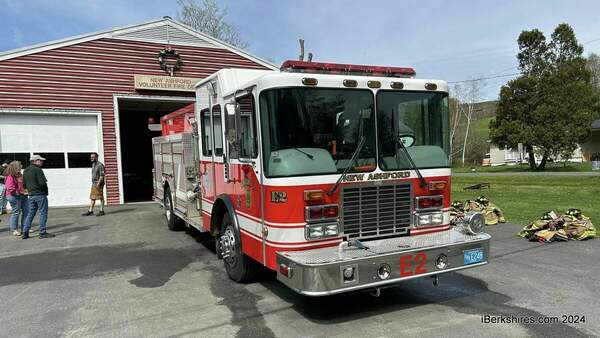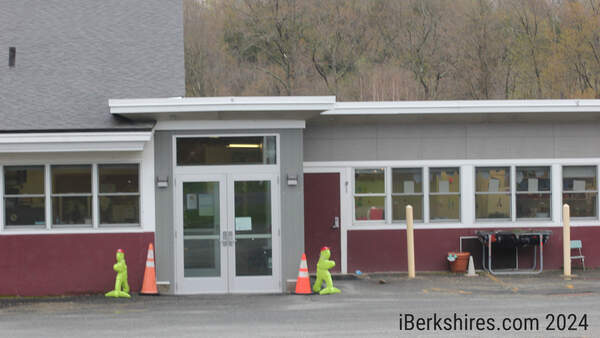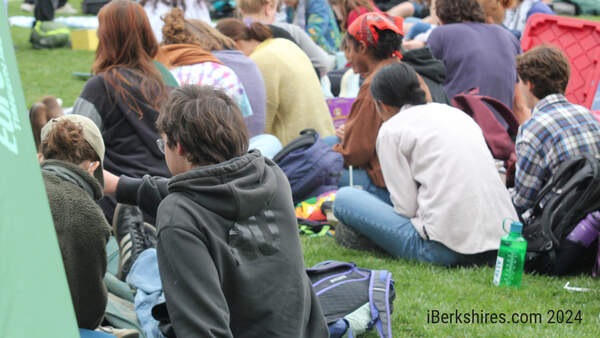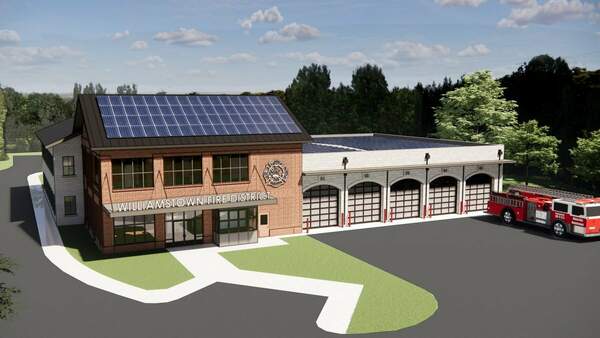Williamstown Committee Approves Housing Trust Application
|
The Community Preservation Committee voted to recommend four funding applications on Tuesday night, including $200,000 for the Affordable Housing Trust. |
WILLIAMSTOWN, Mass. — On a vote of 7-1, the Community Preservation Committee on Tuesday voted to recommend that town meeting approve a $200,000 allocation to the town's Affordable Housing Trust.
The chairman and three members of its board of trustees testified before the committee to defend the trusts's grant application after CPC Chairman Philip McKnight raised concerns about the request.
Trust Chairman Stanley Parese began his testimony by stating emphatically that the trust would not withdraw its application as McKnight recommended at the CPC's Jan. 9 meeting.
Parese cited language in the Community Preservation Act as well as the practice of other towns and cities throughout the commonwealth to counter McKnight's Jan. 9 comment that the trust's application was a "challenge to the act."
The act itself, Parese noted, mentions affordable housing trusts.
"Our right to stand here and ask for money is undeniable," he said.
McKnight had indicated that the Affordable Housing Trust request was not made to fund a specific project, unlike every other request the committee receives. He elaborated on that concern on Tuesday.
"I applaud what your trust is trying to do," McKnight said. "At the moment, you don't have a plan. The CPC has never approved money for an application where there was no plan."
And, customarily, the CPC's role has been to evaluate specific plans, and the town is able to hold recipients accountable for executing those plans, McKnight said.
"This is the first application where that's not possible - for understandable reasons," he said. "The reason you don't have a plan is the town doesn't have a plan."
CPC member Mark T. Reinhardt noted that this is actually the second such application "without a plan." The first was last year, when town meeting approved $200,000 of CPA money to provide initial funding for the newly formed trust.
McKnight said he was not objecting to the trust's application because he wanted to curtail affordable housing development, as some have suggested. He said that Community Preservation Act funds have been allocated to fund affordable housing to the tune of $1.6 million since 2004.
An additional $700,000 in CPA funds are already promised to the developers of the long-dormant Cable Mills housing development if and when that project gets under way.
"This committee addressed affordable housing when no one else did," McKnight said.
And, McKnight argued, it is imprudent for the CPC to recommend allocating unrestricted money to the trust when that money could instead by held in reserve by the committee for future needs.
"If there is a greater need in town than that created by the loss of 153 homes, I don't know what it is," Parese said, alluding to the damage inflicted on the Spruces Mobile Home Park by 2011's Tropical Storm Irene.
McKnight also used the the natural disaster to bolster his argument that the CPC could not know what other needs might arise in future years for affordable housing or any of the other areas the CPA is meant to fund: historic preservation, open space and recreation.
"Two years ago, affordable housing was on our radar and only our radar," McKnight said, referring to his committee. "Who knows waht the future will bring?"
McKnight summed up by suggesting that the trust should seek its funds from the general town budget.
"I applaud what you're doing," he said. "It's necessary work and I'm glad the town is addressing it. The reason I asked you to withdraw the application was to put pressure on the town budget."
Parese, anticipating that argument, said the town already had decided to fund affordable housing when it approved the 2 percent CPA property tax surcharge at its 2002 town meeting. To ask the voters to raise taxes to generate more money for that purpose again would be a "fool's errand," Parese suggested.
|
Ken Swiatek was unable to convince the committee to recommend an application to build a hiking trail on the Lowry property. |
In the end, the majority of the committee agreed that the trust's application met the requirements of the CPA and voted to recommend funding the full $200,000, with McKnight as the lone dissenting vote.
The CPC voted unanimously against the smallest application before it — a $548 request from the Friends of Williamstown Conservation Land to help create a hiking trail on the Lowry Property off Stratton Road.
Stratton Road resident and former Selectman Ken Swiatek founded the conservation group after the town proposed developing affordable housing on the Lowry Property, and he defended its grant application on Tuesday as permissable under three elements of the CPA: preservation of open space, protection of a historic resource (farmland) and recreational use.
Reinhardt said Swiatek's application was "ill timed" considering the uncertain nature of the Lowry Property's future, but Affordable Housing Committee Chairwoman Catherine Yamamoto rose from the audience to point out that a recreational trail would not conflict with plans to develop the site; in fact, plans for subsidized housing on Lowry include some sort of recreational trail.
The CPC sided with McKnight, who argued that Swiatek's application failed to meet the standard for historic preservation and was only marginally related to the open space purpose of the CPA, since it would not create open space in the sense of acquisition.
The CPC OK'd with relatively little debate three other grant applications: $65,000 to the town's Conservation Commission to drill a well to supply the bath house at Margaret Lindley Park; $25,000 to the South Williamstown Historical Committee to restore gravestones at Southlawn Cemetery and $2,000 to restore the chimney at the Simonds Road home formerly occupied by Revolutionary War hero and town father Col. Benjamin Simonds.
Tags: affordable housing trust, Community Preservation Act,

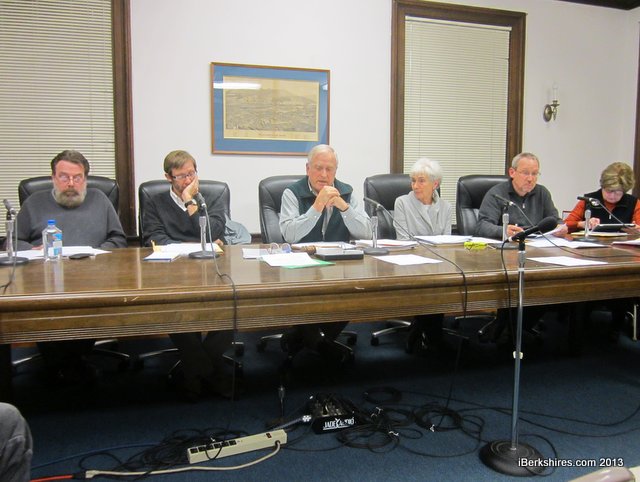
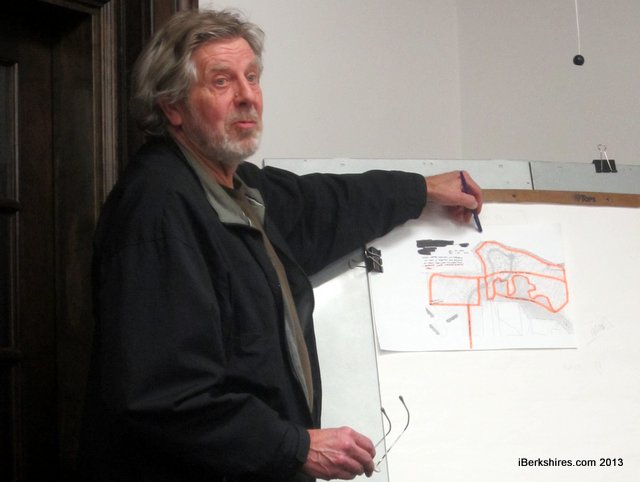
.jpg)
